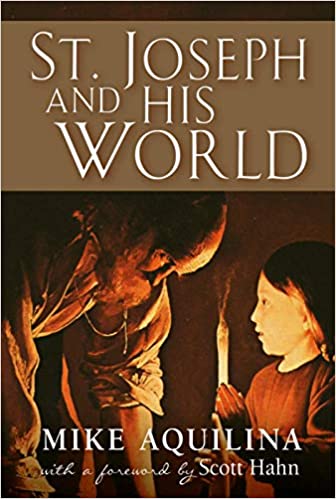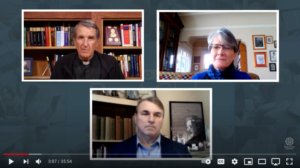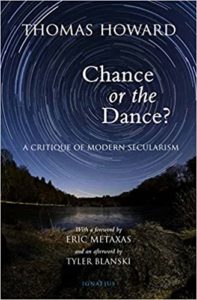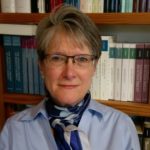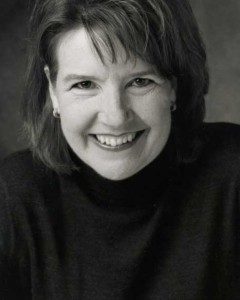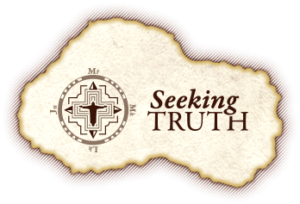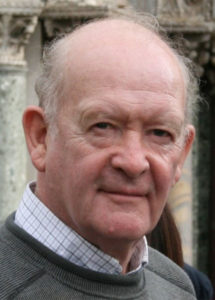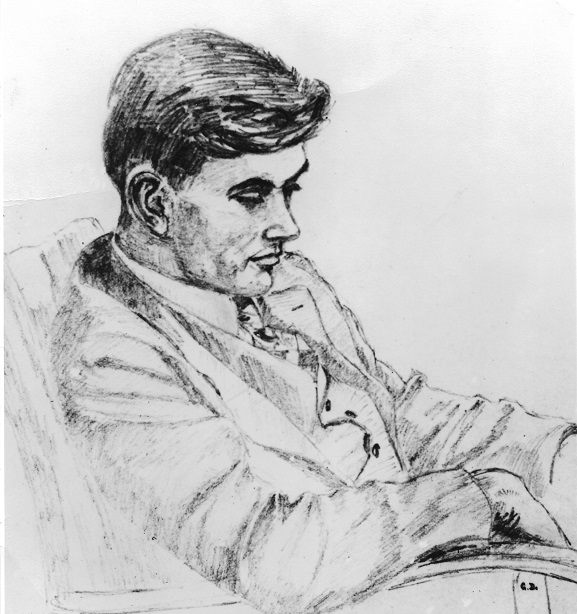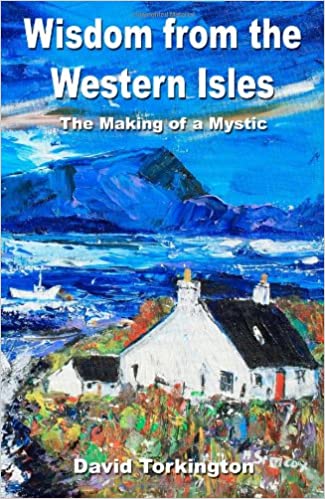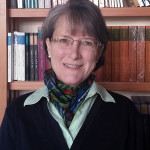Podcast: Play in new window | Download (Duration: 35:41 — 24.6MB) | Embed
Subscribe: Apple Podcasts | Spotify | Amazon Music | Android | Pandora | iHeartRadio | JioSaavn | Podchaser | Gaana | Podcast Index | Email | TuneIn | Deezer | Anghami | RSS | More
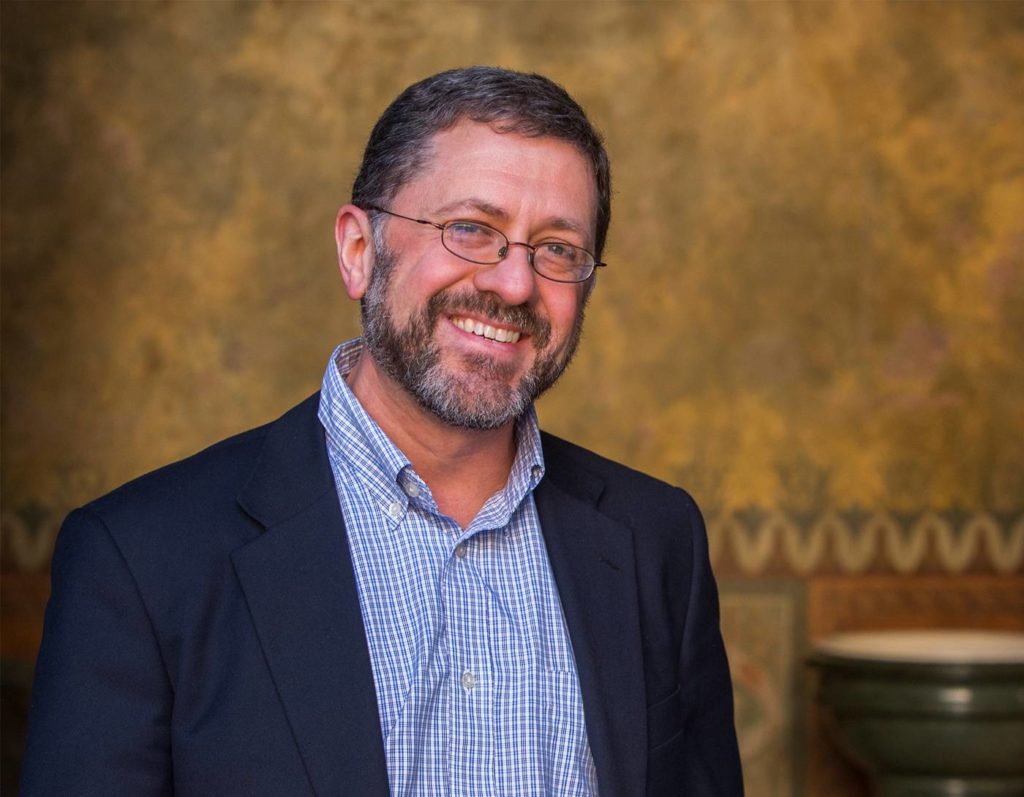 Episode 7 – Joseph and His Work
Episode 7 – Joseph and His Work
In this episode, Mike Aquilina and Kris McGregor discuss St. Joseph and his family’s trade as a carpenter and the holiness found in “work.”
An excerpt from St. Joseph and His World:
He was a silent man. And one of his titles in modern devotion draws further attention to his silence: St. Joseph the Worker. The Catholic Church remembers St. John of Antioch as “Golden Mouth” (Chrysostom) and St. Peter of Ravenna for his “Golden Words” (Chrysologus). But we remember Joseph for getting things done. Among all who have labored, in all of human history, he is the one known as “the Worker.”
In the Gospels, Joseph’s identity is bound up with his relationships and his labor. He is the son of Jacob. He is the husband of Mary. He is the earthly father of Jesus. He is the companion of angels.
He is a son, a husband, a father. And he is a tekton—a craftsman, an artisan. An ancient tradition tells us more specifically that his craft was carpentry, a trade in which he apprenticed his son Jesus. When people were astonished at Jesus’ teaching, they asked: “Is not this the carpenter’s son?” (Mt 13:55).
Aqualina, Mike. St. Joseph and His World (p. 59). Scepter Publishers. Kindle Edition.
For more episodes in this series visit – St. Joseph and His World with Mike Aquilina page
You can find the book on which this series is based here.
Mike Aquilina is a popular author working in the area of Church history, especially patristics, the study of the early Church Fathers.[1] He is the executive vice-president and trustee of the St. Paul Center for Biblical Theology, a Roman Catholic research center based in Steubenville, Ohio. He is a contributing editor of Angelus (magazine) and general editor of the Reclaiming Catholic History Series from Ave Maria Press. He is the author or editor of more than fifty books, including The Fathers of the Church (2006); The Mass of the Early Christians (2007); Living the Mysteries (2003); and What Catholics Believe(1999). He has hosted eleven television series on the Eternal Word Television Network and is a frequent guest commentator on Catholic radio.
Mike Aquilina’s website is found at fathersofthechurch.com
Other Mike Aquilina series’ found on Discerning Hearts:

